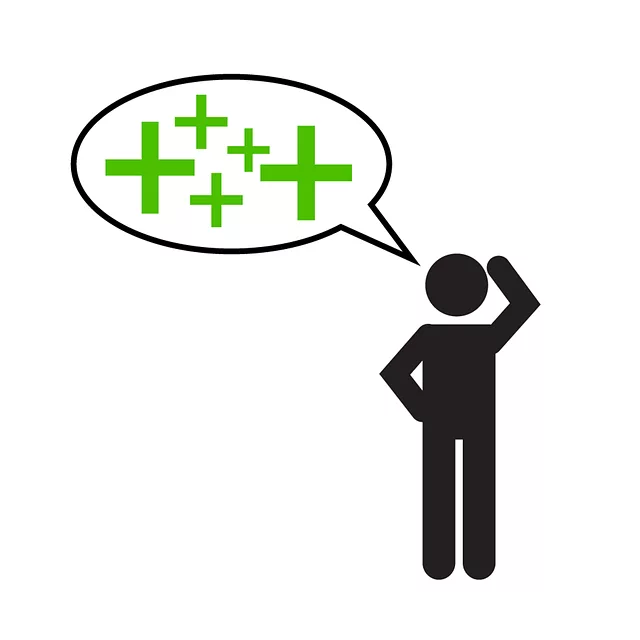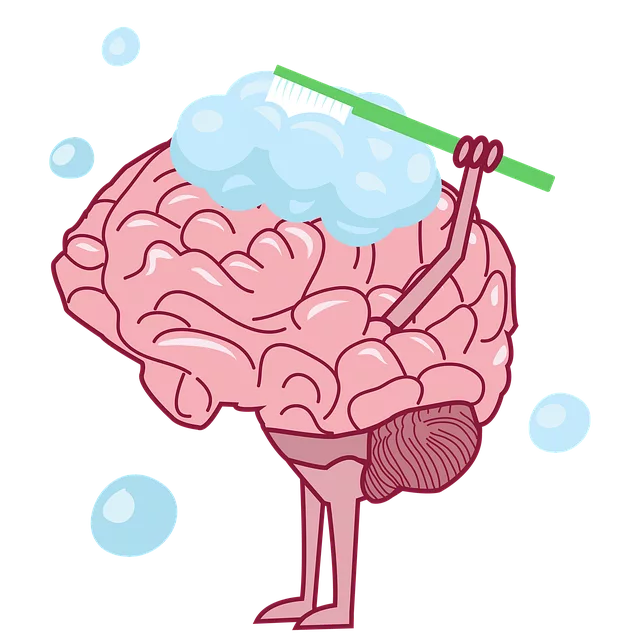Kaiser Cognitive Behavioral Therapy (CBT) is an evidence-based approach to psychotherapy that effectively treats various mental health conditions by identifying and changing negative thinking patterns. This structured method empowers individuals, especially teens with mood disorders, to actively participate in their healing journey through tailored treatment plans. CBT focuses on the present and future, offering tools for self-management and healthier coping strategies, ultimately facilitating lasting personal growth and positive change.
“Discover how Kaiser Cognitive Behavioral Therapy (CBT) can drive lasting change. This powerful tool, backed by scientific research, rewire your brain to improve mental health and foster personal growth. Uncover the mechanisms behind CBT’s effectiveness and learn practical strategies for implementing it in daily life. Embrace a new you through this evidence-based approach.”
- Understanding Kaiser Cognitive Behavioral Therapy (CBT): A Powerful Tool for Lasting Change
- The Mechanisms Behind CBT: How It Rewires Your Brain for Better Mental Health
- Implementing CBT in Daily Life: Practical Strategies for Achieving Lasting Personal Growth
Understanding Kaiser Cognitive Behavioral Therapy (CBT): A Powerful Tool for Lasting Change

Kaiser Cognitive Behavioral Therapy (CBT) is a highly effective and structured approach to psychotherapy that focuses on helping individuals identify and change negative or distorted thinking patterns and behaviors. This evidence-based method has proven successful in treating a wide range of mental health conditions, from sleep disorders CBT to issues affecting executives in the corporate world. By targeting specific thoughts, emotions, and actions, CBT provides tools for self-management, enabling clients to develop healthier coping strategies.
Unlike other therapeutic methods that might explore the past, CBT centers on the present and future, empowering individuals to take an active role in their healing journey. This practical and goal-oriented therapy is particularly beneficial for teens struggling with mood disorders, offering them a framework to understand and manage their symptoms effectively. Kaiser CBT’s structured nature ensures a comprehensive treatment plan tailored to each client’s unique needs, making it a powerful tool for achieving lasting personal growth and positive change.
The Mechanisms Behind CBT: How It Rewires Your Brain for Better Mental Health

Cognitive Behavioral Therapy (CBT) is a powerful tool for rewiring your brain and achieving lasting mental health improvements. At its core, CBT focuses on identifying and challenging negative thought patterns that contribute to emotional distress and behavioral issues. This process involves understanding the connection between thoughts, feelings, and behaviors—a relationship recognized by research as fundamental to our psychological well-being.
By working with a local KBT therapist or exploring MBSR CBT integration, individuals can learn to recognize cognitive distortions and replace them with healthier alternatives. CBT counseling for anxiety, depression, and other common mental health concerns has proven effective in modifying brain function over time. Through structured sessions, patients gain insights into their thought processes, enabling them to make positive changes that resonate beyond therapy, fostering a more resilient mindset and improved quality of life.
Implementing CBT in Daily Life: Practical Strategies for Achieving Lasting Personal Growth

Implementing Kaiser Cognitive Behavioral Therapy (CBT) in daily life can be a powerful tool for achieving lasting personal growth and positive change. CBT encourages individuals to challenge negative thought patterns, replace them with more adaptive ones, and modify behaviors accordingly. This process involves self-awareness, active participation, and practical strategies tailored to individual needs. For instance, keeping a journal to track thoughts, feelings, and behaviors can help identify recurring negative patterns.
Practical strategies include setting achievable goals, breaking down large tasks into manageable steps, and using relaxation techniques like deep breathing or meditation to manage stress. Incorporating CBT into daily routines, whether for personal growth, managing conditions like anxiety or depression, or even in aspects like cbt for relationships or grief counseling cbt, requires commitment and practice. Over time, these strategies can lead to significant improvements in mental health and overall well-being.
Kaiser Cognitive Behavioral Therapy (CBT) offers a proven path towards lasting personal change and improved mental health. By understanding the science behind its mechanisms, we can harness its power to rewire our brains for better thinking patterns and emotional well-being. Implementing CBT’s practical strategies in daily life enables us to achieve significant, enduring growth. Embrace this game-changer for navigating life’s challenges and cultivating a vibrant, healthy mind.






